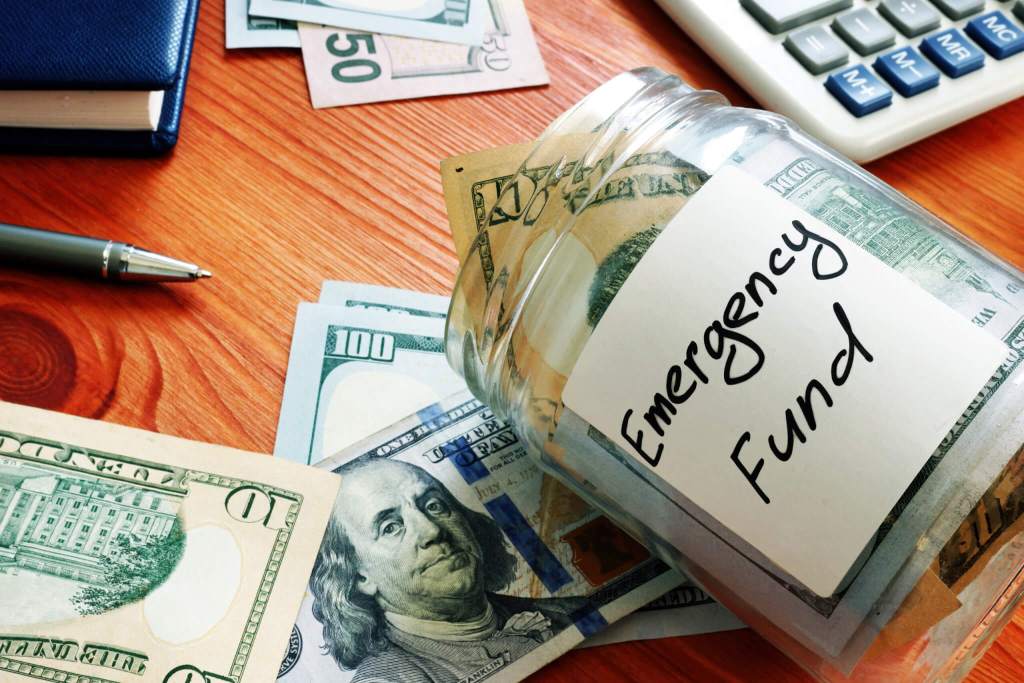
According to a research report by Empower titled “In Case of Emergency” roughly a fifth (21 percent) of Americans have no emergency savings at all.
If you have an emergency fund setup that would cover 6-12 months of expenses that’s good news. A fully funded emergency account ensures you are in good financial standing should an unexpected event occur such as an illness or job loss that temporarily reduces your income. An emergency fund can prevent you from going into debt that may be hard to recover from.
Here are some common mistakes to avoid when funding your emergency account.
Not Saving Anything
The biggest mistake is not saving anything in an emergency fund. Even if you start small any amount you can contribute will pay off.
Not Saving Enough
How much you have in an emergency fund depends on your situation, it includes your financial obligations, lifestyle and living expenses. Some experts recommend having 3-6 month’s worth of living expenses in your account, some suggest up to 12 months. You should be able to cover expenses like rent or mortgage payments, groceries, utilities, healthcare, transportation, and other necessary costs. Calculate all your monthly expenses and then save enough money to cover those expenses for an amount of time you feel comfortable with.
Saving Too Much
Once your emergency account is fully funded with the amount you have decided upon you can stop adding money to the account. Since an emergency fund should be in an easy to access account like a regular savings account it may be paying a low interest rate. Once the account is fully funded put your money into an investment account or retirement account where your money is working for you.
Saving in the Wrong Type of Account
Your emergency fund should be saved in an account that is easily and immediately accessible. Park your money in an account that is liquid and earns interest, with little to no risk involved.
Depending on Retirement Savings for an Emergency
Your retirement account should be off limits, don’t entertain the idea that you can dip into it if you need to. This can cause long term, irreversible financial consequences. You should pretend this is not even an option. Not only can you face penalties for early withdrawal, but you will be depleting an account that is meant to fund your retirement.
Borrowing from your Emergency Fund for Non-Emergencies
Your emergency fund is not meant for anything but emergencies. Eating out, shopping, entertainment, vacations, and other daily expenses are not emergencies.
Not Replenishing the Account
When you withdrawal money from your emergency fund it should be paid back as soon as possible. Once the emergency has passed start contributing money to the account again. Setup an automatic transfer from your checking to your emergency account so that it happens automatically, and you are not tempted to spend the money elsewhere.
Not Considering Economic Changes
The amount you save can change over time, pay attention to inflation and other economic changes and changes to your personal finances, and adjust your contribution amount accordingly.
Not Cutting Back on Expenses
It is important to have a budget so that you know where every penny goes, if you feel you don’t have enough money to contribute to an emergency fund evaluate your spending and cut back on unnecessary expenses to fund the account. Dining out, shopping and entertainment should take a back seat to your emergency fund.
